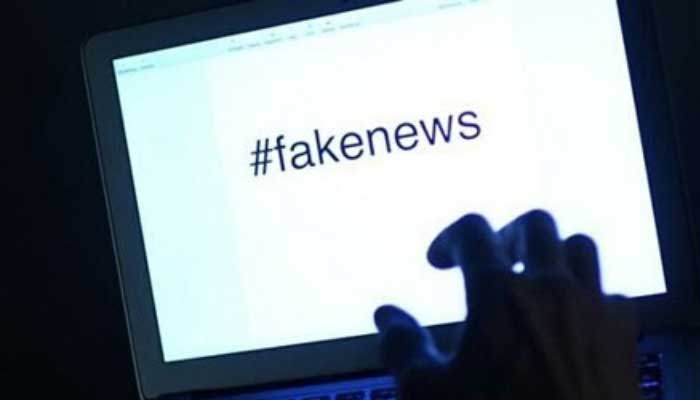
Concerns Over Freedom of Expression Following Amendments to Pakistan’s Cybercrime Law
Debate Intensifies Over Legislative Changes
Recent amendments to Pakistan’s cybercrime legislation have sparked significant concern among journalists, human rights organizations, and digital rights advocates. Critics argue that these changes may further restrict freedom of expression and suppress dissenting voices.
Key Amendments and Their Implications
- Expanded Definitions: The amendments broaden the scope of punishable offenses to include the dissemination of “false or fake information,” with penalties of up to three years in prison and substantial fines.
- Establishment of Regulatory Bodies: The law proposes the creation of new authorities with extensive powers to regulate online content, raising concerns about potential overreach and censorship.
Response from Civil Society
A coalition of media and human rights organizations has pledged to challenge the amendments in court, asserting that they infringe upon constitutional rights to free speech. Protests and calls for dialogue with the government have intensified as stakeholders seek to protect democratic freedoms.
Pakistan’s recent amendments to its cybercrime laws (PECA) have drawn criticism for potentially stifling free speech. Journalists, human rights groups, and digital rights advocates worry the changes could be used to silence dissent. A key concern is the criminalization of “fake or false” information, defined vaguely and carrying harsh penalties.
Critics argue this could easily target journalists and others critical of the government, leading to self-censorship and less investigative reporting. The amendments raise broader questions about freedom of expression in Pakistan and whether the country is meeting international human rights standards regarding speech. The changes have ignited debate and are seen by many as a threat to online expression and a free press.







